Amazon RDS

Amazon RDS: Scalable Relational Database Service
Amazon Relational Database Service (Amazon RDS) is a cloud-based relational database service that makes it easy to set up, operate, and scale databases in the cloud. It provides cost-efficient and resizable capacity while automating time-consuming administration tasks.
What is Amazon RDS?
Amazon Relational Database Service (Amazon RDS) is a managed relational database service that provides resizable capacity and management capabilities for DB instances that use standard relational database engines. RDS enables you to operate production-ready databases in minutes with cost-efficient and resizable capacity.
RDS provides automated patching, backups, read replicas, multi-region options, security, and more, which helps you to focus on your applications instead of managing databases. You can use the same tools and applications compatible with MySQL, MariaDB, PostgreSQL, Oracle, Microsoft SQL Server, etc to migrate existing applications / workloads to Amazon RDS.
Some key capabilities and benefits of Amazon RDS include:
- High Performance - RDS provides fast, reliable and high performing relational databases powered by MySQL, MariaDB, PostgreSQL, Oracle, Microsoft SQL Server, etc.
- Managed Service - Automated tasks like backups, software patching, automatic failure detection, recovery etc so you don't have to worry about managing database infrastructure.
- Scalability - Allows easy scaling of read replicas to increase read performance, and storage/compute capacity to accommodate application growth.
- Security - Encryption at rest and in-transit, network isolation, IAM authentication etc for enhanced security.
- Reliability - Multi-AZ deployments, read replicas, automated backups etc provides enhanced availability and durability.
- Cost-Efficiency - Allows running just the capacity you need and pays only for what you use.
Amazon RDS Features
Features
- Automated provisioning, OS patching, and backups
- Read replicas for improved read performance
- Multi-AZ deployments for high availability
- Supports multiple database engines (MySQL, PostgreSQL, Oracle, SQL Server, Amazon Aurora)
- Automatic scaling of compute and storage resources
- Monitoring and logging capabilities
- Secure access and data encryption
Pricing
- Pay-As-You-Go
Pros
Cons
Official Links
Reviews & Ratings
Login to ReviewThe Best Amazon RDS Alternatives
Top Online Services and Cloud Database and other similar apps like Amazon RDS
Here are some alternatives to Amazon RDS:
Suggest an alternative ❐SQLite
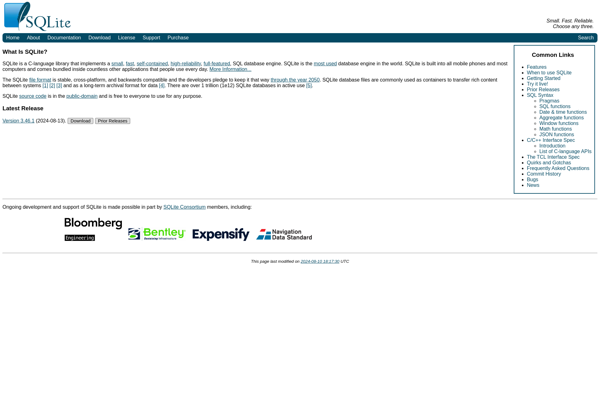
MongoDB
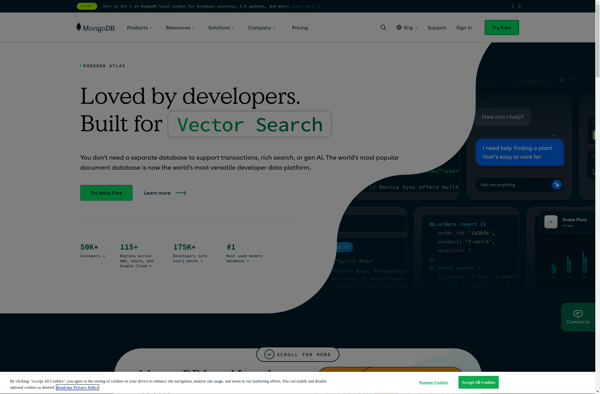
PostgreSQL
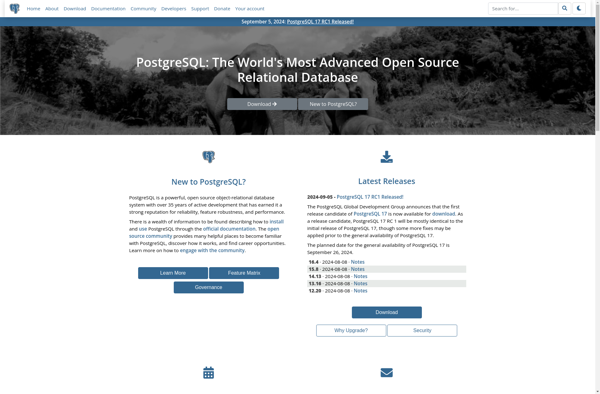
MySQL Community Edition
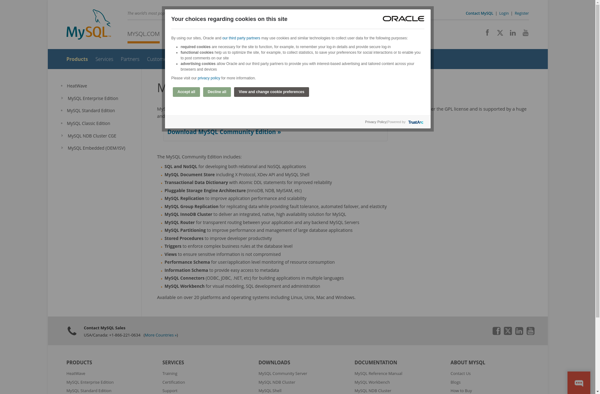
MariaDB
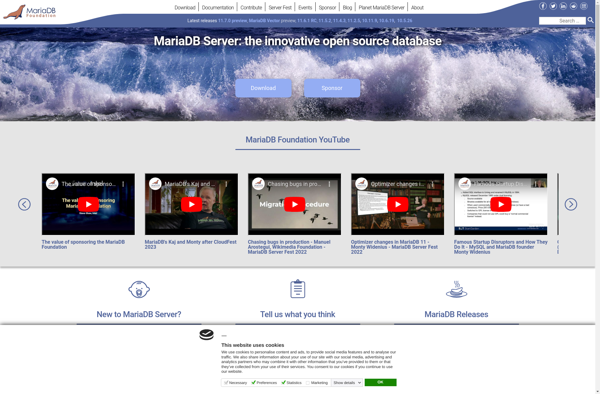
CouchDB
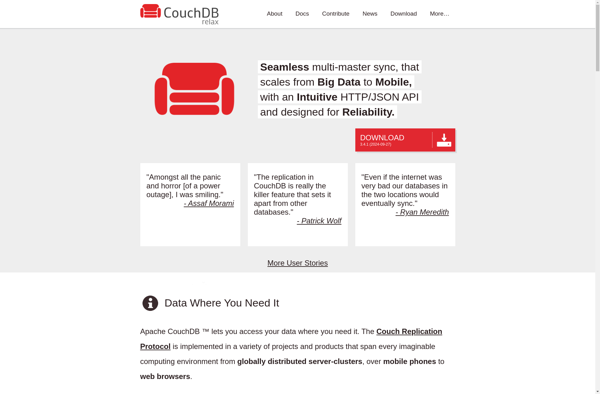
Oracle Database
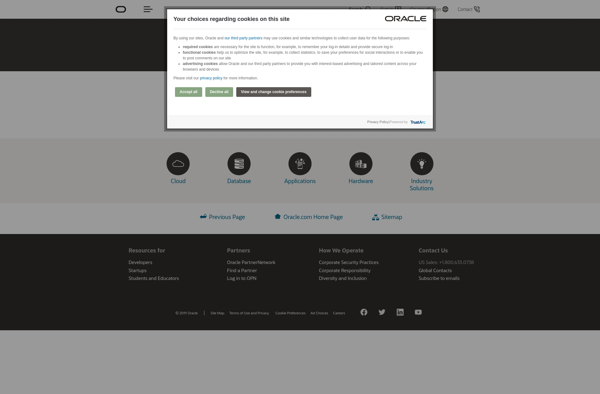
Heroku Postgres
Database.com
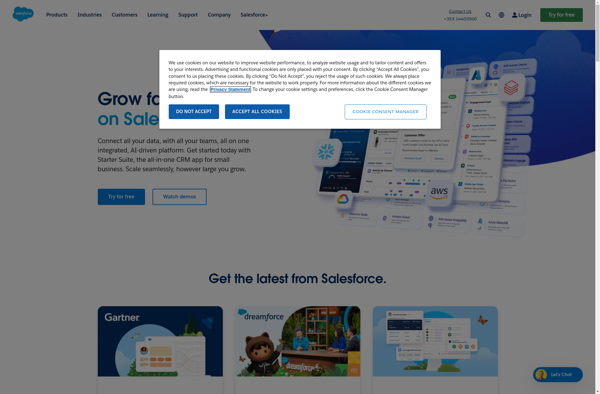
Database Labs
